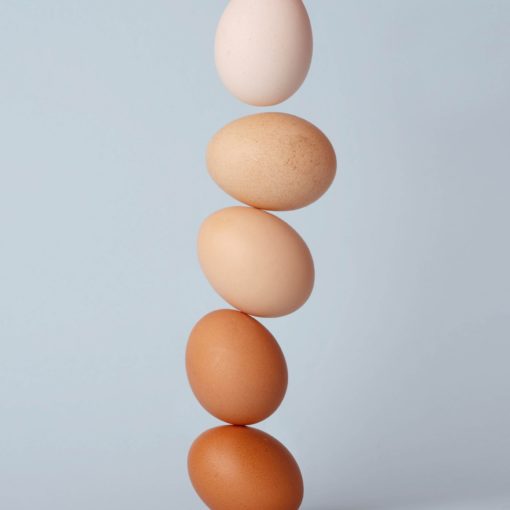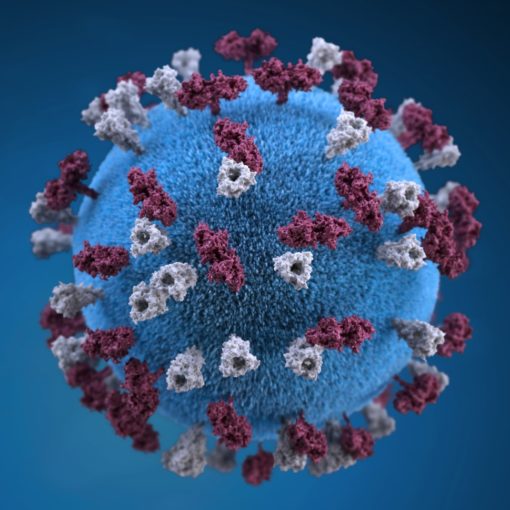The following is a summary of a presentation I gave to the Auckland Chinese Medial Association in June of 2014.
Food is a very important part of Chinese culture, where families come together and harmonize. The traditional Chinese diet is based on fresh seafood, moderate amounts of meat, seasonal fruit and vegetables and rice.
But, with the Western style diet influencing the traditional Chinese diet, the consumption of saturated fats (animal fats) and sugar has lead to an increase obesity levels.
Obesity is becoming an epidemic in New Zealand with 60% of men and 40% of women now overweight. Unfortunately, this problem is not limited to adults. There is an estimated 21% of school children who are considered overweight and another 10% as being obese.
Obesity increases the risk of medical issues such as heart problems, high blood pressure, high cholesterol, diabetes and many other concerns. By 2020, one in five people of Maori, Pacific and Asian extraction will have diabetes. (Diabetes Auckland)
It is possible to reduce these health risks by having a varied diet. Here are some healthy eating tips:
Fat
- Trim all fat off meat before cooking
- Remove chicken skin before cooking
- Limit the consumption of roast pork and duck to only once every three weeks and remove the skin before eating. The recommended amount for one portion should fit into the palm of your hand.
- For people with high cholesterol, these meats should only be consumed once a month as they are high in saturated fat and salt.
- Cook with an unsaturated fat like canola or olive oil.
- Replace butter with margarines
- Choose low fat, high calcium milk instead of blue top. Examples are Calci-trim or Sun Latte brands.
- Limit going to Yum Char to once a fortnight. Congee and rice noodles are healthier choices ( but are still high in sodium).
- Avoid any deep fried foods, e.g. deep fried tofu.
- Limit cakes and biscuits to occasionally and not every day with a cup of tea.
Sugar
- Keep your diet low in sugar by limiting the amount of biscuits, cakes, chocolates, lollies, fruit juices, fizzy drinks that you drink.
- Replace the sugar that you put in your tea or coffee with a sweetener like Equal, Splenda or Stevia.
Fruit & Vegetables
- It is recommended that we have at least five servings per day. Green leafy vegetables like broccoli, cauliflower, cabbage and Chinese vegetables (such as choy sum and kai larn) contain vitamin C.
- Consume more of these green vegetables than meat.
Fibre
- A high fibre diet can reduce the risk of bowel disease and cardiovascular disease.
- Fibre is found in fruit, vegetables, nuts, wholegrains and cereals.
- Replace white bread with wholegrain breads or high fibre white varieties like Fibre White.
- Use a high fibre breakfast cereal.
Water
- This is important for keeping our bodies hydrated and our kidneys in healthy condition by flushing out waste.
- It is recommended that we have about six to eight glasses of fluid per day.
- Ideally, most of the fluid should come from water but other sources include tea, juice, milk, soup and in foods like fruit and vegetables.
Exercise
- 30 minutes of exercise, at least three times a week, will help to reduce your weight, blood pressure and will benefit your heart. It will also help to make you feel better
If we go back to our traditional way of eating, where the food was mainly based on grain and cereals, and incorporate some lifestyle changes as mentioned above, we would all be much healthier and live longer.




